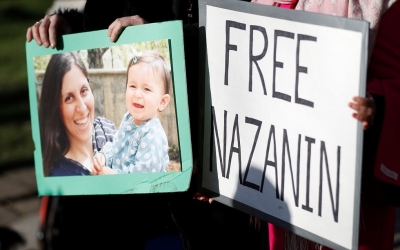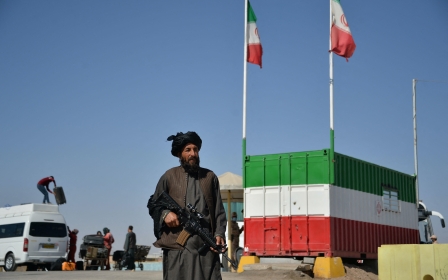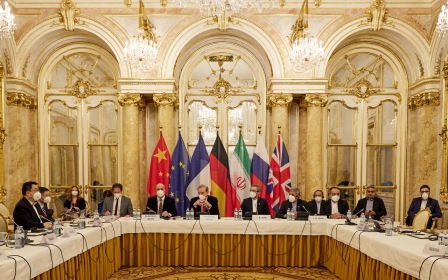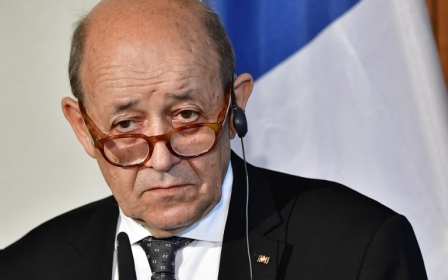Iran official says aggressors will pay 'heavy price' if diplomacy fails
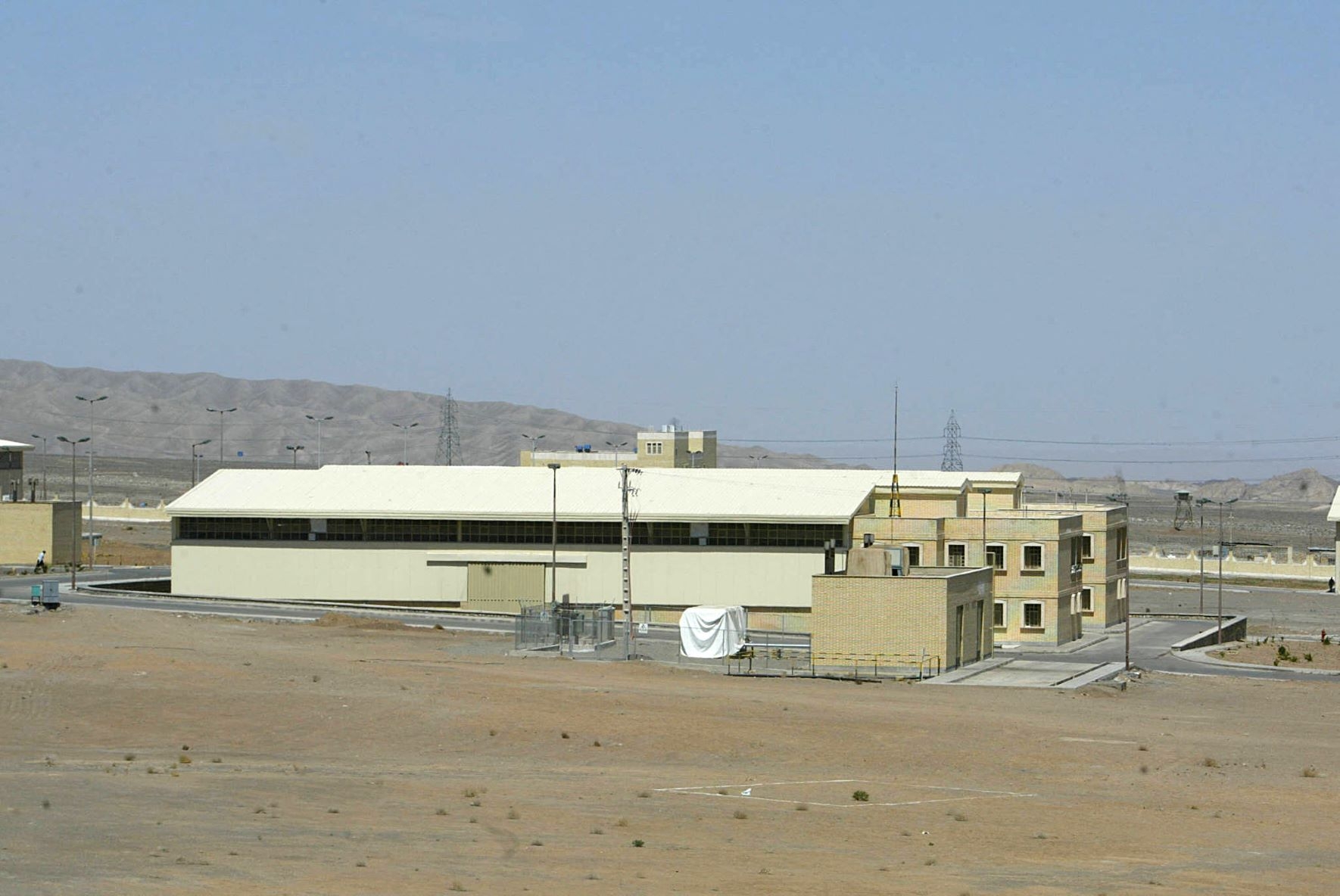
A senior Iranian official has warned of a "heavy price" for aggressors following reports of US and Israeli military drills planning for a potential future attack against the Islamic Republic's nuclear sites.
A senior US official told Reuters on Thursday that US and Israeli defence chiefs were expected to discuss possible military exercises that would prepare for a worst-case scenario to destroy Iran's nuclear facilities should diplomacy over the country's nuclear ambitions fail and if their nations' leaders request it.
Nournews, which is affiliated with Iran's top security body, cited an unnamed military official as saying the country was prepared to respond.
"Providing conditions for military commanders to test Iranian missiles with real targets will cost the aggressors a heavy price," he said.
The White House on Thursday warned that it will take "additional measures" to block Iran's ability to earn revenue if diplomacy over the country's nuclear program fails.
New MEE newsletter: Jerusalem Dispatch
Sign up to get the latest insights and analysis on Israel-Palestine, alongside Turkey Unpacked and other MEE newsletters
"Given the ongoing advances in Iran's nuclear program, the president has asked his team to be prepared in the event that diplomacy fails and we must turn to other options," said White House spokesperson Jen Psaki.
"If diplomacy cannot get on track soon and if Iran's nuclear program continues to accelerate, then we will have no choice but to take additional measures to further restrict Iran's revenue-producing sectors."
'Renewed sense of purpose'
The latest round of talks began last week but was paused on 3 December with Western participants accusing Iran of going back on progress made earlier this year.
The heads of delegations from the parties to the 2015 deal - Britain, China, France, Germany, Iran, and Russia - were present at the talks, which began at the Palais Coburg luxury hotel and lasted a little more than an hour.
A US delegation plans to take part in the talks indirectly in the coming days.
"Delegations... have come with a renewed sense of purpose to work hard," Enrique Mora, the EU official chairing the talks, said after Thursday's meeting.
Bilateral meetings, as well as expert working groups, are expected to continue this week.
Mora admitted that the negotiations were "a very difficult endeavour", adding that "there are still different positions that we have to marry".
Russia's ambassador to the UN in Vienna Mikhail Ulyanov told the TASS agency that Thursday's talks had "removed a number of misunderstandings that had created some tension," but did not elaborate.
The current round of talks is the seventh since they started in April.
In June, Iran suspended them following the election of ultraconservative President Hassan Rouhani and they were only restarted on November 29.
Middle East Eye delivers independent and unrivalled coverage and analysis of the Middle East, North Africa and beyond. To learn more about republishing this content and the associated fees, please fill out this form. More about MEE can be found here.


